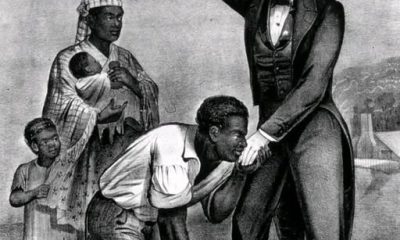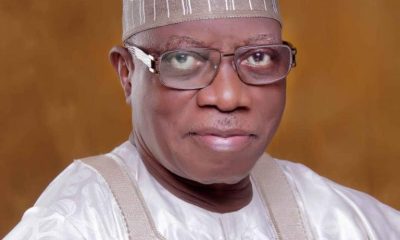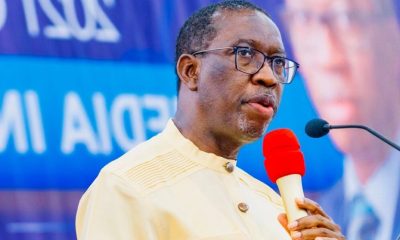Stakeholders, including the President of the Nigerian Guild of Editors (NGE), Mr. Eze Anaba, and the United Nations Children’s Fund (UNICEF), have called on Nigerian journalists to prioritize solutions journalism to mainstream child rights advocacy.
The appeal was made during a symposium in Lagos on Saturday, focusing on the critical role of the media in championing child welfare in the country.
Speaking on the theme, “Reinforcing the Role of Media in Mainstreaming Child Rights,” Anaba emphasized the transformative power of storytelling in driving societal change.
He urged media practitioners to dedicate their efforts toward highlighting the plight and potential of Nigeria’s children, who account for nearly half of the country’s estimated 220 million population.
Anaba described the state of child welfare in Nigeria as a “national emergency,” pointing to grim realities such as millions of children out of school, child labor, forced marriages, and the recruitment of minors as combatants in conflict zones.
“These statistics are not just numbers; they represent stories of children whose rights are denied and whose dreams are deferred,” he said.
READ ALSO: Ribadu urges Media to promote National cohesion and responsible reporting
“Our narratives must not only expose these challenges but also explore solutions, celebrate successes, and hold stakeholders accountable.”
He advocated for journalism that highlights successful child-friendly policies, community-driven solutions, and the achievements of young change makers.
UNICEF’s Country Representative, Cristian Munduate, shed light on the severity of the challenges facing Nigerian children. She revealed that 2.1 million children have not received any vaccinations, making them susceptible to preventable diseases. She also noted that nearly 10 million primary school-aged children are out of school due to poverty and insecurity.
Munduate highlighted the multidimensional poverty affecting 67% of Nigerian children, depriving them of education, healthcare, and other basic needs.
“Childhood is short,” Munduate emphasized. “We must act now to secure a better future for our children.”
Tunde Onakoya, founder of Chess in Slums Africa, painted a paradoxical picture of the Nigerian child as a symbol of both hope and struggle.
“The Nigerian child faces staggering odds just to survive,” he said. “With 20 million children out of school, how will they contribute to the future economy? Without skills and education, they risk becoming liabilities instead of assets to society.”
Onakoya stressed the urgent need for systemic change to harness the potential of Nigeria’s youth.
The symposium called for multi-sectoral collaboration among journalists, policymakers, and health professionals to prioritize child rights.
Participants stressed that media coverage of children’s issues must move beyond the margins of news cycles to become central to public discourse.
Anaba concluded with a rallying call: “Let us embrace solutions journalism. Our role in amplifying the voices of the voiceless is as crucial as that of any other stakeholder.”
The event underscored the media’s responsibility to amplify the voices of Nigeria’s vulnerable children while holding the government and other stakeholders accountable for actionable change.

 Football7 days ago
Football7 days ago
 News6 days ago
News6 days ago
 Comments and Issues1 week ago
Comments and Issues1 week ago
 Comments and Issues1 week ago
Comments and Issues1 week ago
 Comments and Issues1 week ago
Comments and Issues1 week ago
 Latest1 week ago
Latest1 week ago
 Comments and Issues1 week ago
Comments and Issues1 week ago
 Health7 days ago
Health7 days ago

